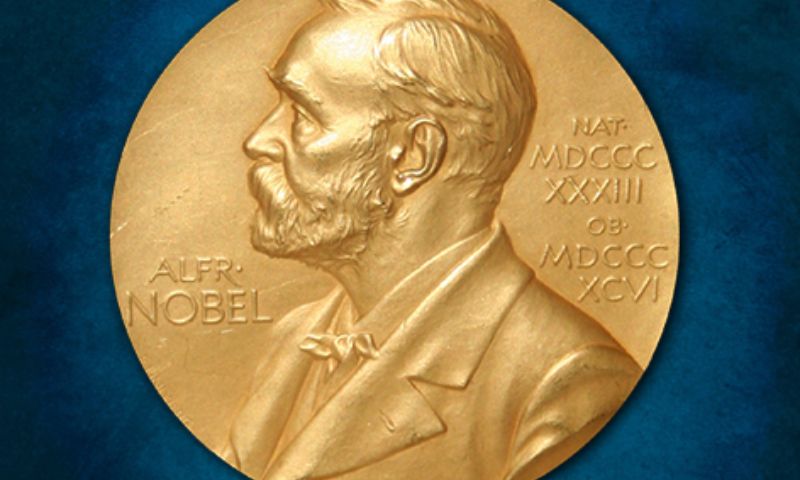STOCKHOLM, Sweden: The highly-anticipated Nobel Prize in Chemistry for 2023 is shrouded in uncertainty as conflicting reports about the laureates circulate.
Recent leaks suggest that American chemists Moungi Bawendi and Louis E Brus, along with Russian physicist Alexey Ekimov, might be the recipients of this prestigious award for their groundbreaking work on quantum dot technology.
However, the Royal Academy of Sciences in Sweden, responsible for awarding the Nobel Prize in Chemistry, has emphasized that no official decision has been made and the leaked information may not be accurate.
In an unexpected turn of events, the award-giving body purportedly communicated the potential laureates to a Swedish newspaper, Aftonbladet. According to the leaked information, the Nobel Prize in Chemistry was to be conferred upon Bawendi, Brus, and Ekimov for their significant contribution to the discovery and advancement of quantum dots, minuscule nanoparticles that have had a transformative impact on various industries, ranging from consumer electronics to healthcare.
The Nobel prize in chemistry in 2023 rewards the discovery and development of quantum dots, nanoparticles that are so small that their size determines their properties, the academy allegedly stated in the leaked communication.
However, Johan Åqvist, the chair of the Nobel committee for chemistry at the Royal Academy of Sciences, promptly contradicted these claims, stating that no official decision had been made at that time. He clarified that the academy’s official meeting to determine the Nobel Prize laureates would commence at 9.30 am local time, well after the alleged leak. Åqvist firmly emphasized that the winners had not been chosen, dismissing the leaked information as a premature mistake by the Royal Swedish Academy of Sciences.
The Nobel Prize in Chemistry for 2023 is scheduled to be announced at 10.45 am UK time (1145 CET), and the scientific community eagerly awaits confirmation of the laureates and their groundbreaking contributions to the field. Bawendi and Brus, both American, and Ekimov, a Russian physicist, are all regarded as highly accomplished researchers, making them strong contenders for this esteemed recognition. The Nobel Prize in Chemistry is a pinnacle of achievement in the scientific world, accompanied by a substantial monetary reward of 11 million Swedish krona (£820,000), highlighting the significance and prestige associated with this distinguished accolade.
























